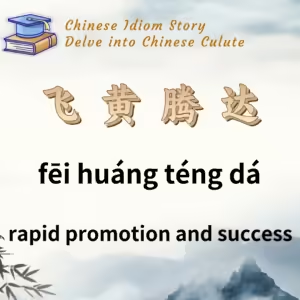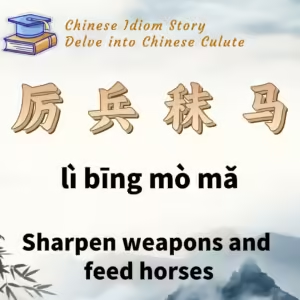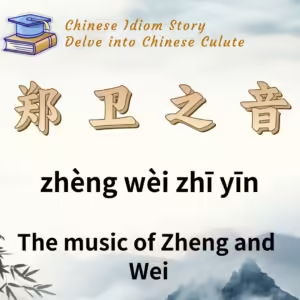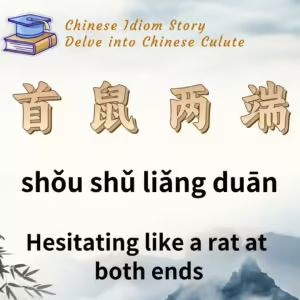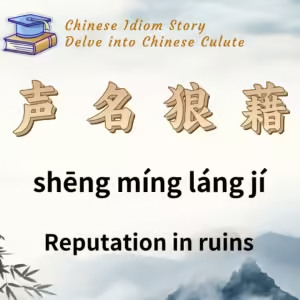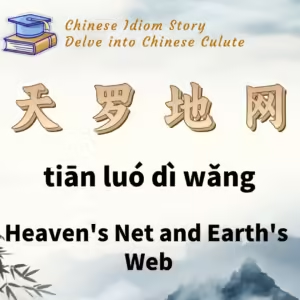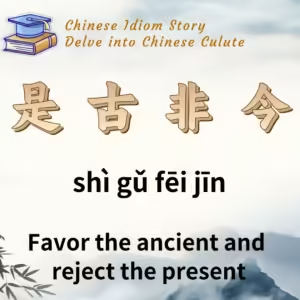
Chinese Idiom: 是古非今 (Shi Gu Fei Jin)
English Translation: Favor the ancient and reject the present
pīn yīn: shì gǔ fēi jīn
Idiom Meaning: This idiom describes a mindset that idealizes the past and criticizes the present, reflecting a conservative or retrogressive attitude.
Historical Source: “史记 · 秦始皇本纪” (Records of the Grand Historian: The Emperor of Qin).
Idiom Story:
Qin Shi Huang, born Ying Zheng, was the first emperor of the Qin Dynasty and a central figure in the formation of China’s first unified, centralized feudal state. Ascending the throne at thirteen in 246 BCE and taking full control at twenty-one in 238 BCE, he implemented extensive reforms and led successful campaigns to unify the warring states. By 221 BCE, he had eliminated the remaining six states, establishing a centralized empire.
To strengthen the unity and administration of his empire, Qin Shi Huang introduced several reforms, such as replacing the feudal system with a centralized bureaucratic system, standardizing laws, weights and measures, currency, and script. He also undertook major infrastructure projects, including the construction of roads and the Great Wall, and imposed strict legalist policies.
However, Qin Shi Huang’s rule was also marked by harshness and tyranny. To consolidate his power, he implemented oppressive measures, including severe laws, heavy taxation, and forced labor for massive construction projects. He also ordered the burning of books and the execution of scholars who opposed his policies, specifically targeting those who criticized his rule by invoking the wisdom of the past.
One notable instance occurred during a banquet at the Xianyang Palace, where seventy scholars praised Qin Shi Huang for his achievements. Among them was a scholar named Chunyu Yue, who spoke favorably of the past practices of the Shang and Zhou dynasties. He suggested that relying solely on ancient methods was crucial for ensuring the stability and longevity of the new empire. Chunyu Yue’s comments were seen as an attempt to undermine Qin Shi Huang’s reforms by advocating for a return to traditional practices.
In response, Li Si, the Prime Minister, argued against Chunyu Yue’s position. He emphasized that the ancient practices of the Three Dynasties were no longer applicable to the contemporary situation and that the unification and legalist reforms instituted by Qin Shi Huang were necessary for the current era. Li Si proposed severe measures to suppress dissent and ensure loyalty to the new system, including the destruction of historical texts and the persecution of those who opposed the new regime.
Qin Shi Huang accepted Li Si’s advice and ordered the execution of scholars and the burning of books that did not align with his policies. This historical episode led to the creation of the idiom “是古非今,” reflecting the notion of favoring ancient practices over contemporary reforms, and the conflict between traditional values and modern innovations.

